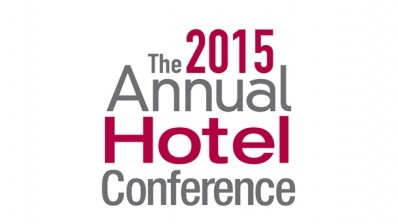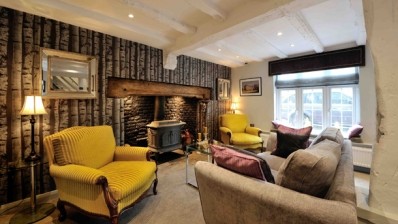#AHC2014: Readying a hotel asset before sale

In a panel chaired by Colliers head of agencies Julian Troup, hotel experts talked about the necessity for a capex plan, rigorous account review and cooperation with the valuer to streamline the selling process without losing out on price.
Robert Crook, managing director of Interstate Hotels, said transparency was paramount, and that the consequences of a change of ownership on business should not be underestimated.
According to James Williamson, director of GVA, the first thing a vendor should check is boundaries, planning licences and permits. “In a number of occasions hotels are encroaching here and there. Understand what you’ve got to sell. I have seen examples where a whole wing of a hotel had to be demolished because the hotelier didn’t have planning consent to build it,” he said.
He added that the vendor shouldn’t think they are just pitching their assets to the buyer, but also to the lender, whose due diligence process is often more stringent than that of the buyer.
Cannock Investments chairman Stephen Bantoft agreed, calling that process “basic title and property due diligence”.
And for JLL director Kerr Young, the issue often comes from the fact that the vendor is not challenged to do that due diligence. He advised sellers to engage with lawyers and agencies to make sure they are providing all the documents needed for the sale.
Capex
Too often sellers do not have a capex plan - something that is required at the time of the transaction.
“You need to have a capex plan, and clarity over what has been spent in recent years, with backup to support that. Make sure the the place is in good order, as all these things are potential price chips. Keep your maintenance up to date, don’t let it drift,” said Crook.
For Williamson, capex needs to be split into ‘defensive’ and ‘enhancing’: “The defensive is things such as bust boilers, cracked walls, things that will definitely push the price down, which you need to get done.
“Enhancing can be things like flaking paint on the outside, which don’t cost much, so get them done. Bedroom refurbishment is not a priority, because quite often the buyer likes the opportunity to add their personal touch; that’s where they see the value add,” he said.
But according to Young, before defensive and enhancing capex, hoteliers must ensure their health and safety measures are up to date. “You need to separate spending money on an asset to ensure a sale and spending money on an asset to add value.”
And for issues the hotelier can’t afford to fix, it is important to be as transparent as possible and have all documentation ready before starting the selling process.
Valuation
When it comes to valuation, cooperation with the valuer is key. “Help the valuer, providing them with information and having your team co-operate to help him paint the right picture,” said Williamson.
Crook explained that Interstate gets very involved in the valuation process “because it is about selling that story and putting a positive spin on the asset”.
But from a buyer’s perspective, the valuation might not be as important as one may think. “We need the valuation report for the funder, but as buyers we don’t particularly put a lot of emphasis on the valuation,” Bantoft said.















